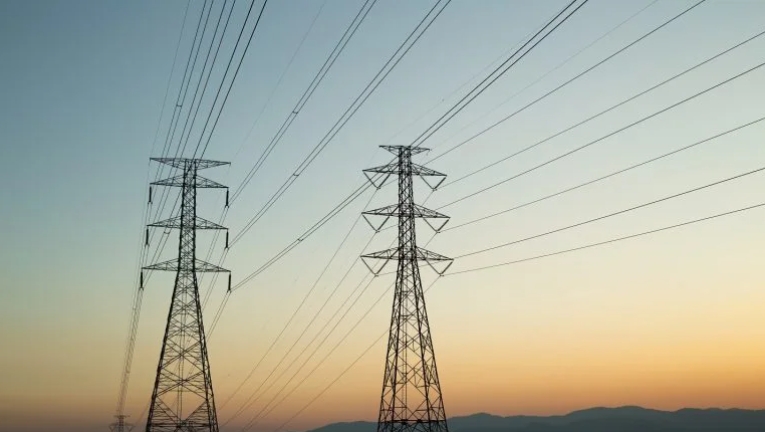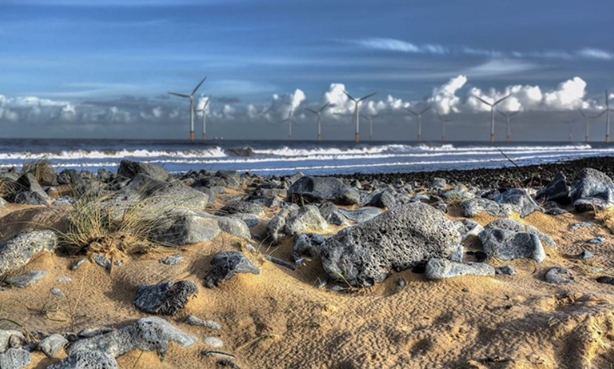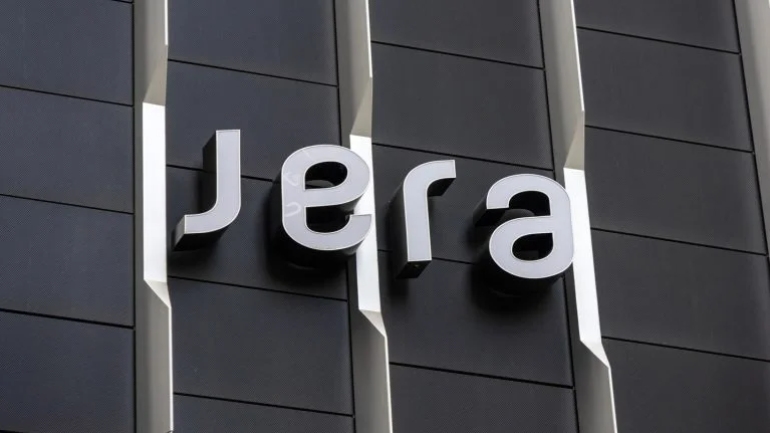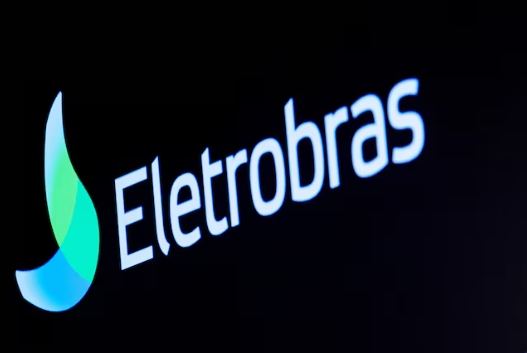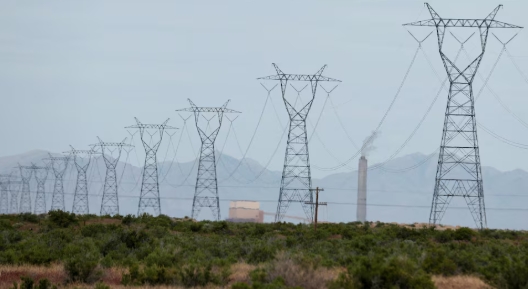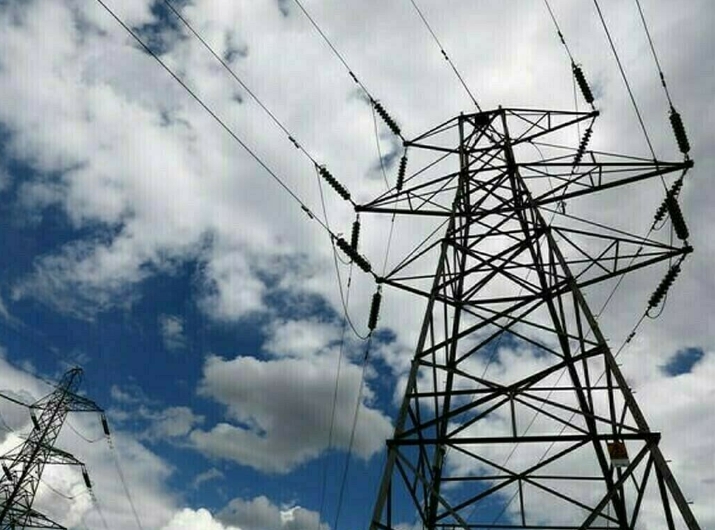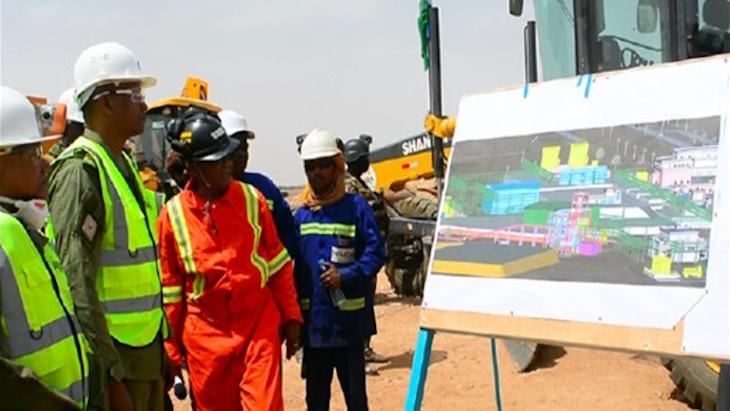
The visit was part of a ministerial tour of "significant exploration and mining projects in the Agadez Region of northern Niger", Global Atomic said. The visit included a tour of underground development, which now exceeds 1000 metres with 5 levels of development under way to access the orebody and prepare stopes for mining.
"We were honoured to host the mines minister and other dignitaries at our Dasa operation," Global Atomic President and CEO Stephen Roman said. "The minister expressed his continuing support for the project and confirmed the Government’s recognition of Dasa’s strategic value and near-term economic benefit that will be realised in the form of local employment, taxes and royalties."
Global Atomic's relationship with Niger Government officials since field operations began in 2008 "has always been positive" and the Niger government "continues to offer support in many ways including security in the region and assistance with expediting logistics to equip our mining team with supplies and consumables to maintain a high pace of mine development", he added. "The underground development has continued to progress on schedule. We value the government’s support as we enter this next significant stage to construct our processing plant."
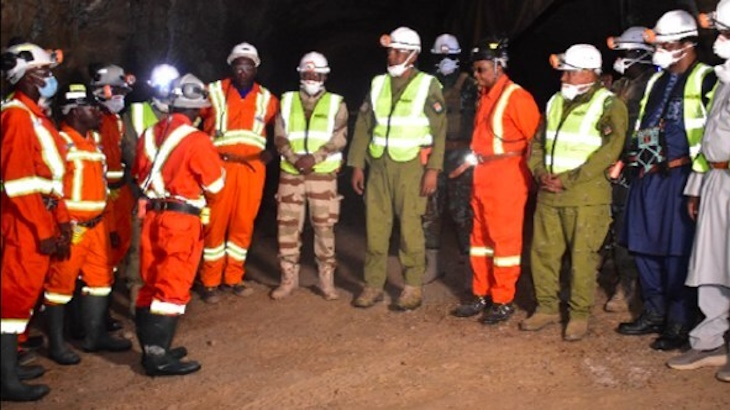
The ministerial visit included a tour of the underground development (Image: Global Atomic)
During his tour, Abarchi said the government was supportive of the SOMIDA team and Global Atomic. "This project is very important for us; as a government and as a shareholder," he said. "We want Dasa to be the start of new Niger mining practice with expectations on state income, employment and environment management."
Underground development of Dasa, a high-grade uranium deposit 105 kilometres south of the established uranium mining town of Arlit, began in late 2022 with first deliveries to utilities expected in 2025. The project is 90%-owned by Toronto-listed Global Atomic and will operate under the company's Niger mining subsidiary SOMIDA (Société Minière de Dasa SA) which is 20%-owned by the government of Niger.
Work at the project continued after the "military initiated" change in government last year, which saw the closure of surrounding borders and Niger air space. International flights have resumed operations and all land borders have been re-opened except for those with Benin and Nigeria, but Global Atomic has initiated an alternate route to deliver supplies from the port of Lomé in Togo and overland through Burkina Faso.
